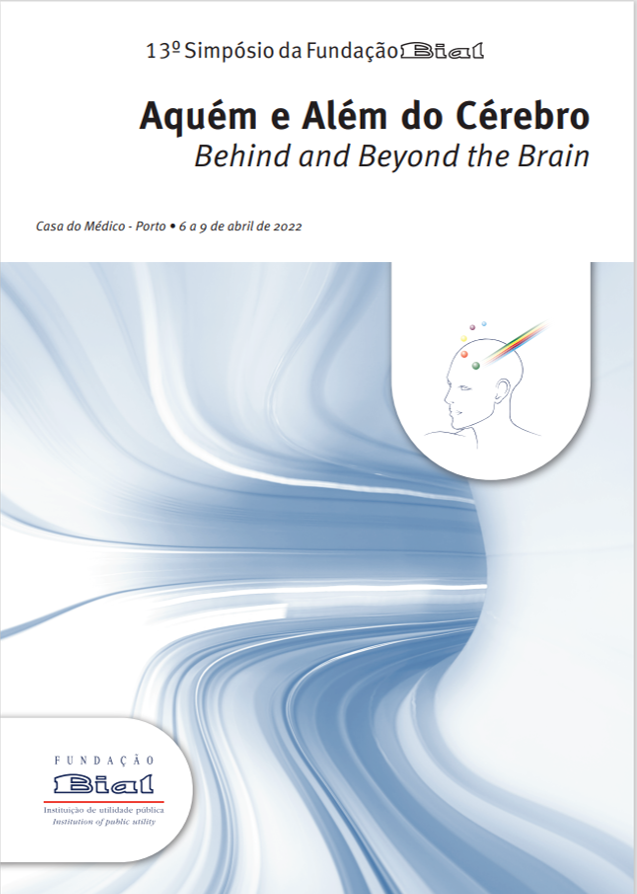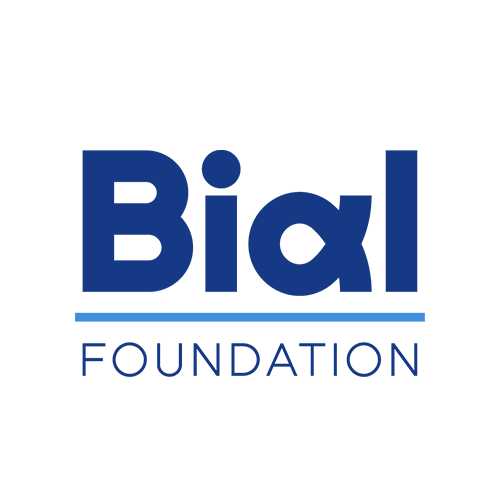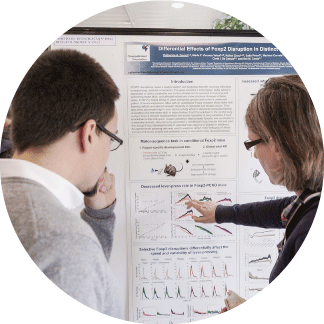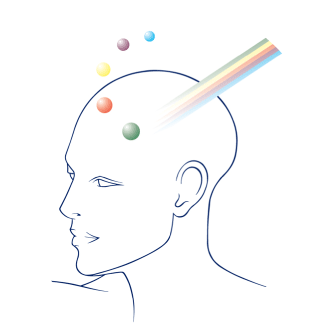News
Top Stories

Dream and daydream: differences and similarities
Did you know that daydreams reflect events from the previous two days and “night” dreams resemble a fictional plot?

Does your dog have social skills?
A study suggests that viewing the owner’s face works as a positive social reinforcement for dogs. Learn more about this and other surprising results about “man’s best friend”.
News

What do we remember from a movie?
Matteo Frisoni, principal investigator of the research project 384/20 - Schema-based temporal memory in parietal cortex (SCHETEMP), supported by the BIAL Foundation, assessed the degree to which detailed verbal information (i.e., dialogues), as well as semantic and spatiotemporal (i.e., “what”, “where”, and “when”) elements of episodic memories for movies, are forgotten over the course of a week in two groups of young adult (20–30 years old) and middle-aged (40–55 years old) participants. The results indicate that memory decay over a week mainly affects the auditory verbal dimension of complex events, both in terms of memory accuracy and confidence, whereas information about the “what” (objects/characters), “where” (spatial) and “when” (temporal) elements seems to be better preserved. Moreover, young adults are more accurate and confident than middle-aged participants. To know more, please read the paper “Long-term memory for movie details: selective decay for verbal information at one week” published in the journal Memory.

The Proceedings of the 13th Symposium of the BIAL Foundation is now available
The BIAL Foundation has just published the Proceedings of the 13th "Behind and Beyond the Brain" Symposium, a compilation of the speakers' lectures which also includes the abstracts of some of the supported research projects and presented at this meeting in poster sessions and oral communications.

Does the idea of your partner’s death affect your brain activity?
The paper Reminders of Mortality: Investigating the Effects of Different Mortality Saliences on Somatosensory Neural Activity was published in the journal Brain Sciences in the scope of the research project 75/16 - The painful awareness of death: Influence of thoughts of death on behavioural and cerebral activity associated with painful nociceptive stimuli, supported by the BIAL Foundation and led by Elia Valentini. The study aimed to test whether thinking about a romantic partner’s death or on their own death would reveal a change in the perception and brain responses to noxious electrical stimuli. The conclusion of this study reveals greater effects of reminders of mortality directed at one’s romantic partner on pain perception (as opposed to the participant’s own mortality).





